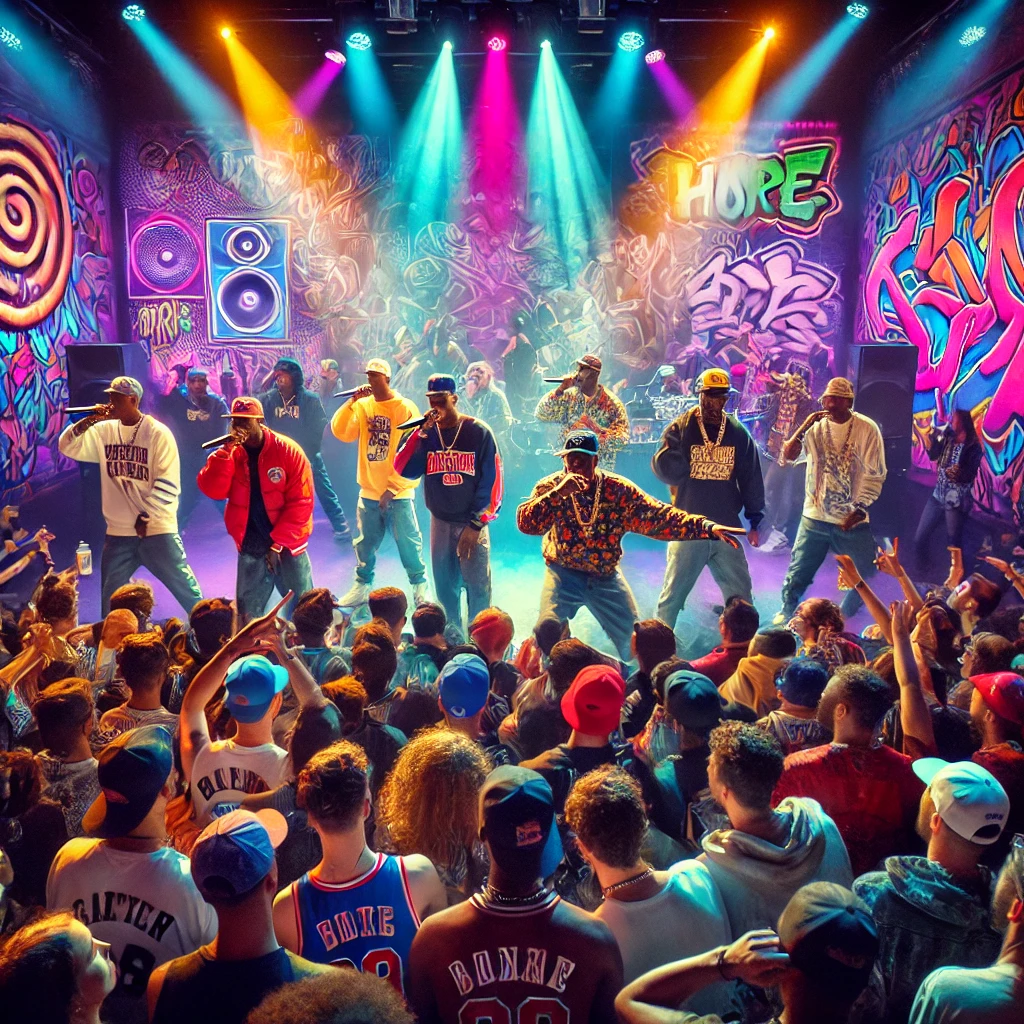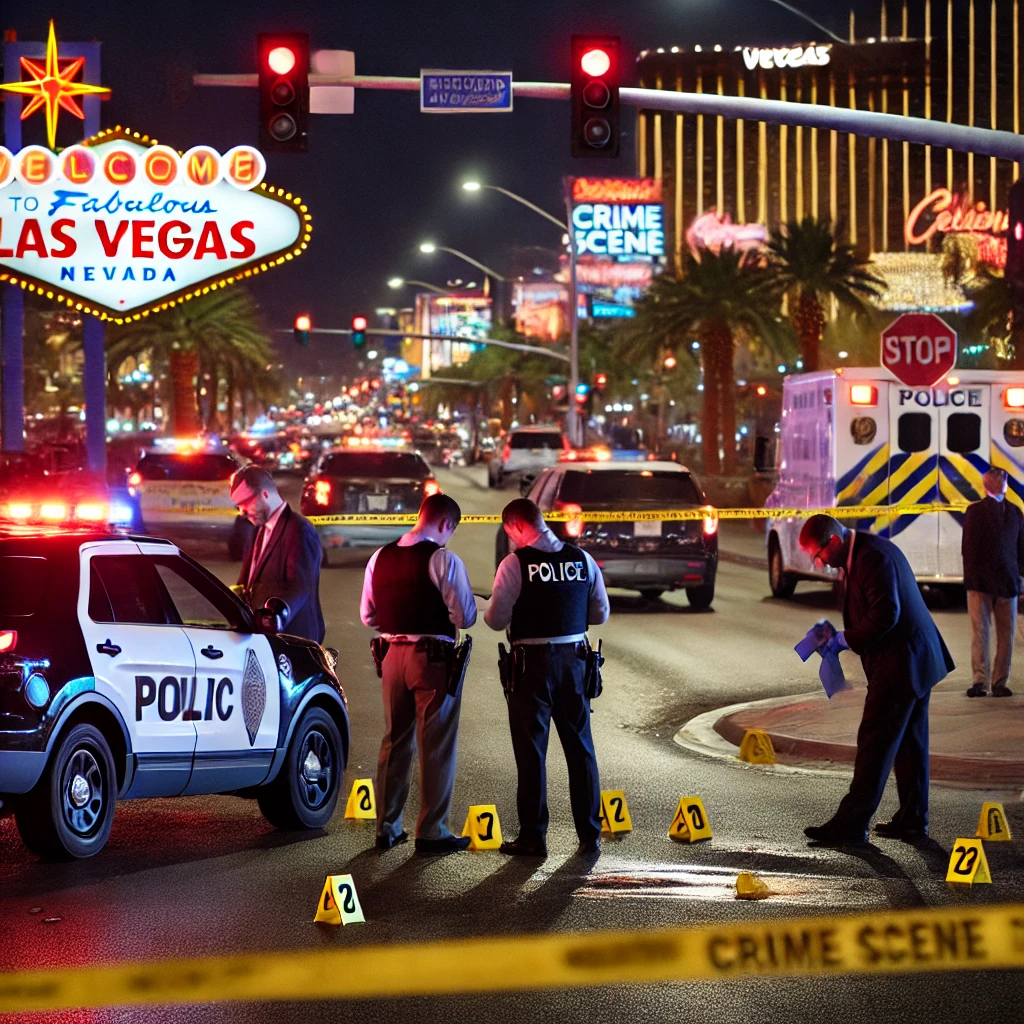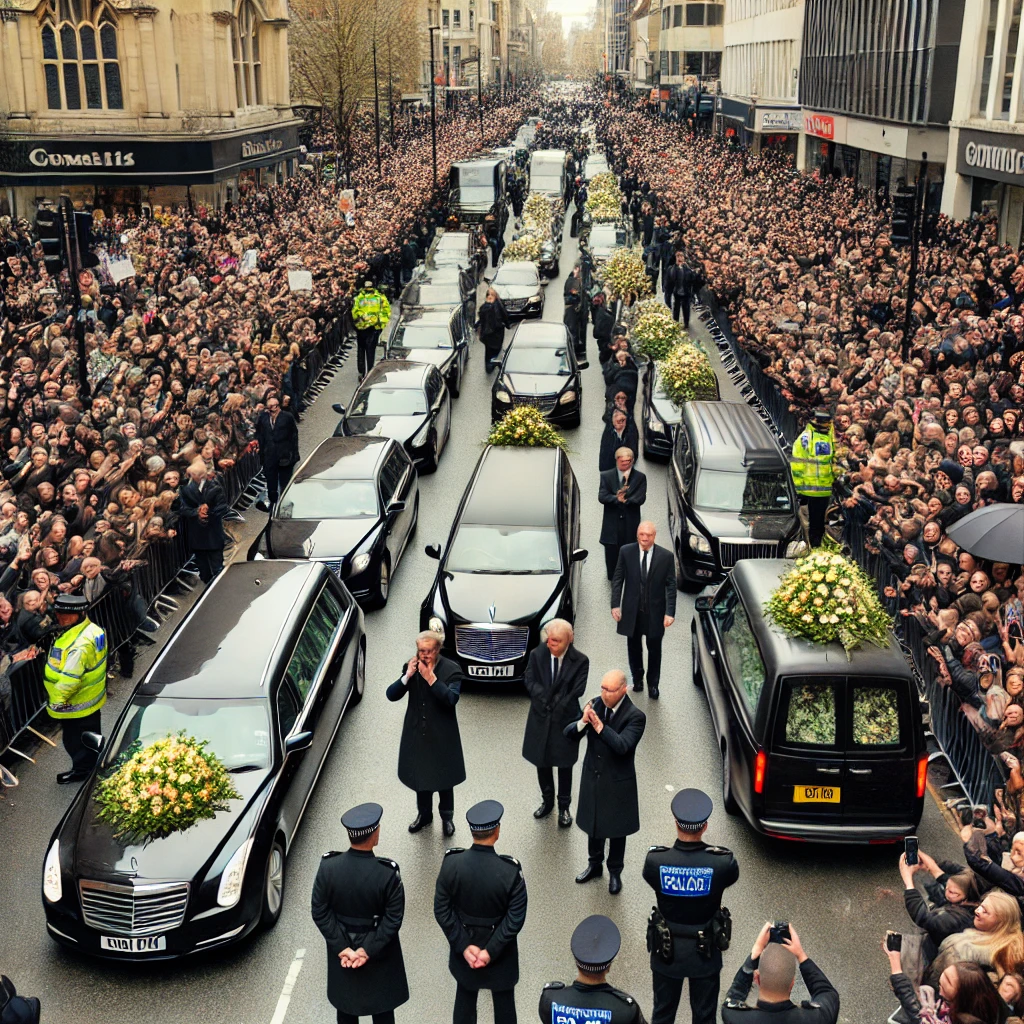On the night of September 7th, 1996, the world of hip-hop was shaken to its core when Tupac Shakur, one of the most influential and controversial figures in the industry, was shot multiple times in a drive-by shooting on Las Vegas Boulevard. The incident occurred after Tupac attended a Mike Tyson boxing match at the MGM Grand Hotel. As he and his entourage, including Death Row Records’ CEO Suge Knight, left the venue and drove down the Strip, a white Cadillac pulled up alongside their vehicle, and the occupants opened fire, hitting Tupac multiple times.
The attack was sudden and violent, leaving Tupac critically wounded. He was rushed to the University Medical Center of Southern Nevada, where doctors fought to save his life. Despite their efforts, Tupac succumbed to his injuries six days later, on September 13th, 1996. The shooting marked the beginning of a tragic chapter in the history of hip-hop, as the world lost one of its brightest stars.

Tupac Shakur: A Voice of a Generation
Tupac Shakur was more than just a rapper; he was a cultural icon, known for his raw and powerful lyrics that spoke to the struggles and injustices faced by African Americans. His music, characterized by its blend of social commentary and personal introspection, resonated with millions of fans around the world. Tupac’s work often addressed issues such as racism, police brutality, poverty, and violence, making him a voice for the marginalized and oppressed.
In addition to his music, Tupac was also a talented actor, appearing in films such as Juice, Poetic Justice, and Above the Rim. His versatility and charisma made him a beloved figure both on and off the stage. However, Tupac’s life was also marked by controversy, including legal troubles and a highly publicized feud with fellow rapper The Notorious B.I.G., which contributed to the escalating tensions within the hip-hop community.
The Events Leading Up to the Shooting
The events leading up to Tupac’s shooting were shaped by a series of conflicts and altercations. Earlier in the evening, Tupac had been involved in a physical confrontation with Orlando Anderson, a known gang member, at the MGM Grand Hotel. This altercation is widely believed to have been a key factor in the subsequent shooting.
Tupac’s involvement in the East Coast-West Coast rivalry, a feud between artists and record labels from the two coasts, also played a significant role in the tensions that surrounded him. The rivalry, which was fueled by media coverage and public statements from the artists involved, had created a volatile environment within the hip-hop community, with both sides exchanging verbal and physical threats.

The Aftermath: Shock and Mourning
The shooting of Tupac Shakur sent shockwaves through the music industry and beyond. Fans and fellow artists were left in a state of disbelief as news of the attack spread. In the days following the shooting, vigils were held across the country, with fans gathering to pray for Tupac’s recovery. His death on September 13th, 1996, marked the end of an era and the beginning of a period of mourning for the hip-hop community.
Tupac’s death also intensified the speculation and conspiracy theories surrounding his shooting. Despite numerous investigations, the case remains officially unsolved, with many believing that his murder was the result of a gang-related retaliation, while others point to the ongoing East Coast-West Coast feud as the catalyst. The lack of closure has only added to the mystique and legend surrounding Tupac’s life and death.
Tupac’s Legacy: A Lasting Impact on Hip-Hop and Culture
Tupac Shakur’s influence on hip-hop and popular culture is immeasurable. Even after his death, his music continues to inspire and resonate with new generations of fans. Albums such as All Eyez on Me and Me Against the World are considered classics, and his posthumously released works have further cemented his status as a cultural icon.
Beyond his music, Tupac’s legacy is also reflected in his activism and the way he used his platform to address social and political issues. He challenged the status quo and spoke out against the systemic inequalities that plagued society. Tupac’s willingness to confront these issues head-on has inspired countless artists and activists to use their voices for change.
The Enduring Mystery of Tupac’s Death
The mystery surrounding Tupac’s death continues to captivate fans and investigators alike. Over the years, numerous theories have emerged, ranging from allegations of police corruption to suggestions that Tupac faked his own death to escape the pressures of fame. Despite the many theories, no definitive answers have been found, leaving the case as one of the most enduring mysteries in the history of popular culture.
The unresolved nature of Tupac’s murder has contributed to his mythos, with some fans holding onto the belief that he is still alive, living in hiding. While these theories may seem far-fetched, they underscore the profound impact Tupac had on those who admired him and the deep sense of loss that his death continues to evoke.

A Cultural Icon Remembered
Tupac Shakur’s life and career were marked by a combination of brilliance and controversy, making him one of the most complex and fascinating figures in the history of music. His ability to articulate the pain and struggles of his community, coupled with his magnetic presence, ensured that he would be remembered long after his untimely death.
The night of September 7th, 1996, represents a defining moment in the history of hip-hop—a moment when the world lost a voice that spoke to the heart of the human experience. Tupac’s legacy lives on through his music, his words, and the countless artists who have been influenced by his work.
A Moment in Music History
Tupac Shakur’s shooting on Las Vegas Boulevard on September 7th, 1996, and his subsequent death marked a tragic turning point in the history of hip-hop. It was a moment that underscored the violence and tensions within the industry but also highlighted the profound influence of an artist who used his voice to speak for those who were often unheard. Tupac’s legacy continues to resonate, reminding us of the power of music to inspire, provoke, and, ultimately, endure.
